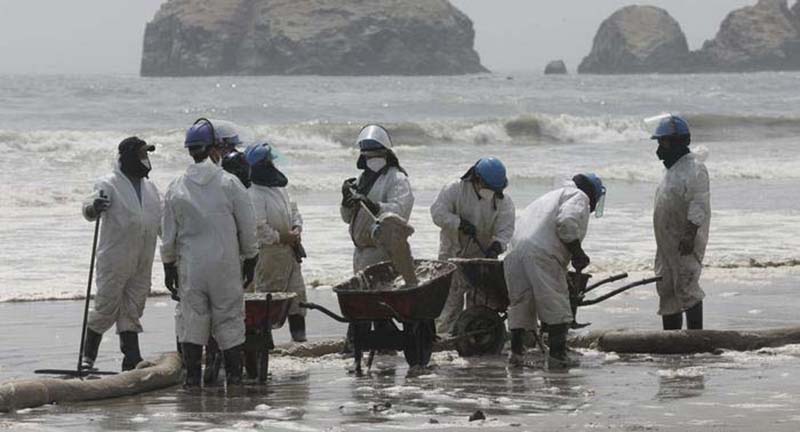The aftermath of major oil spills that wreak economic and environmental havoc, particularly when these occur in developing countries, never really vary a great deal from country to country. These usually take a familiar pattern of the host population seeking to come to terms with the loss of livelihoods – arising particularly out of the pollution of waterways – and the wider environmental damage inflicted by the effects of huge swathes of usually thick black oil. These, apart from their disruption of important food chains, can also have longer-term health-related environmental effects.
As if these were not enough, there is the recrimination arising out of the who’s-to-blame debate. Here, it is, almost invariably, a weak home government along with (sometimes) a militant but largely powerless local environmental lobby crossing swords with a powerful international oil company which, frequently, long before the damage is done, would have already sought to insulate itself against litigation-related culpability.

